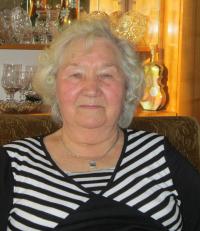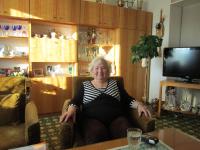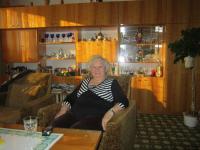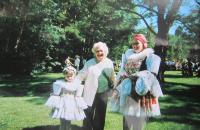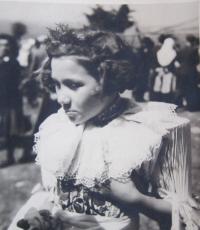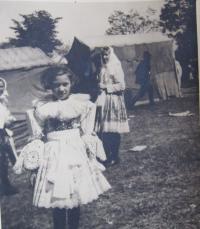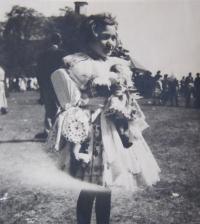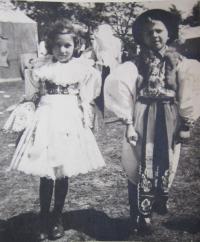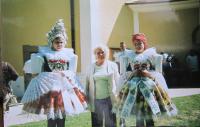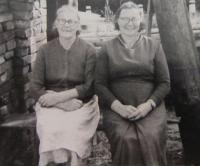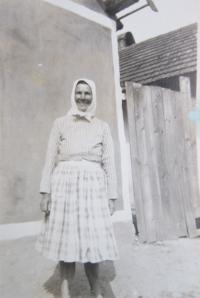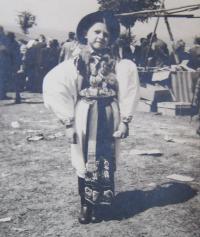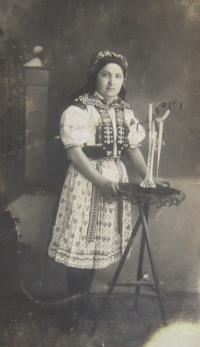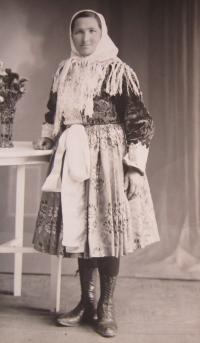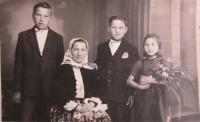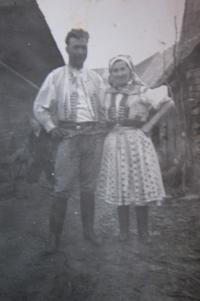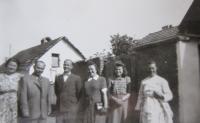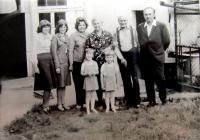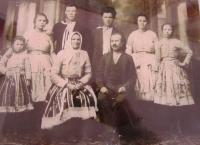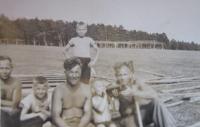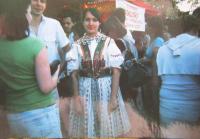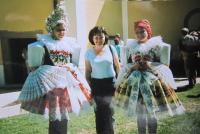The resistance in Moravia, land of vineyards

Download image
Anna Stančíková, née Bachanová, was born in Olomouc in 1934. She spent a significant part of her childhood in Southern Moravia, in Blatnice pod Svatým Antonínkem [a Catholic pilgrimage site dedicated to St Anthony of Padua - transl.]. Her father was one of the leaders of the resistance during the war, and the family was among those who helped hide the much-wanted Miloslav Mejstřík from the Nazis for three years. Her father was himself at risk, as he had escaped from forced labour. Even so, he was active in the resistance movement. After the war the family moved to the former German village of Vrbovec (German: Urbau), near Znojmo. Anna met her future husband Jan Stančík there; they moved to Hulín after their wedding, and Anna Stančíková lives there to this day.
